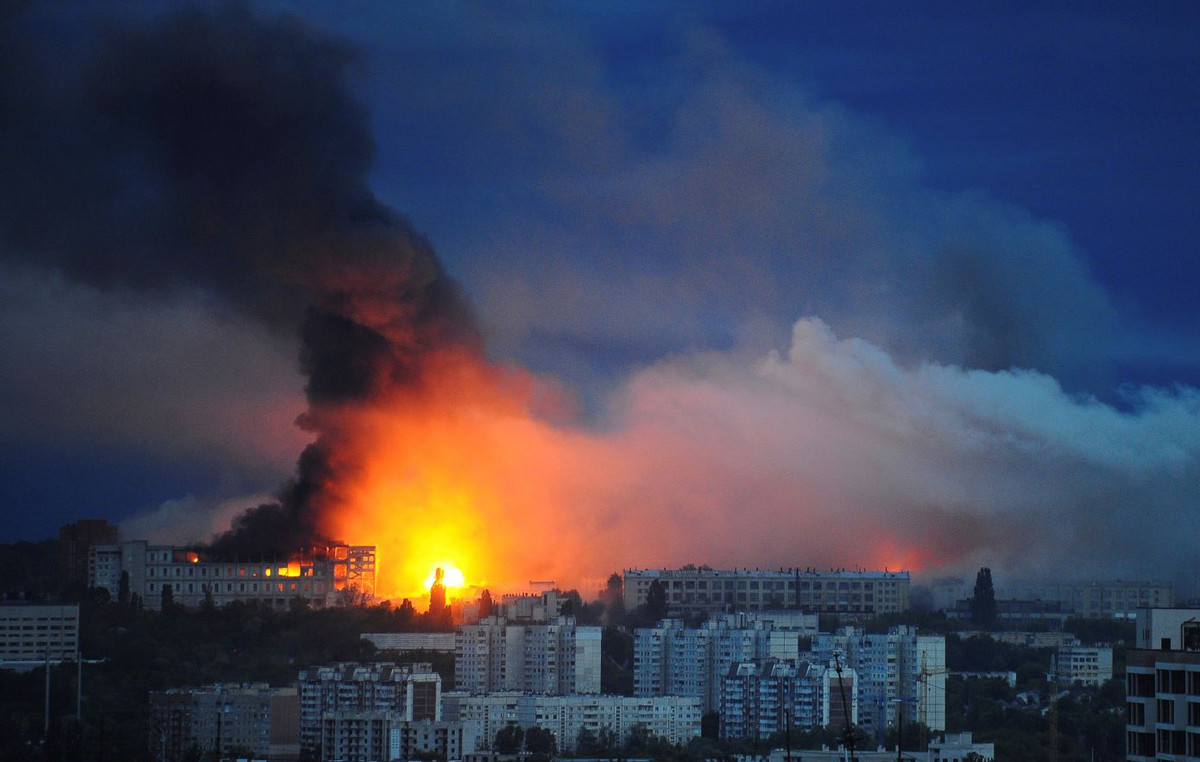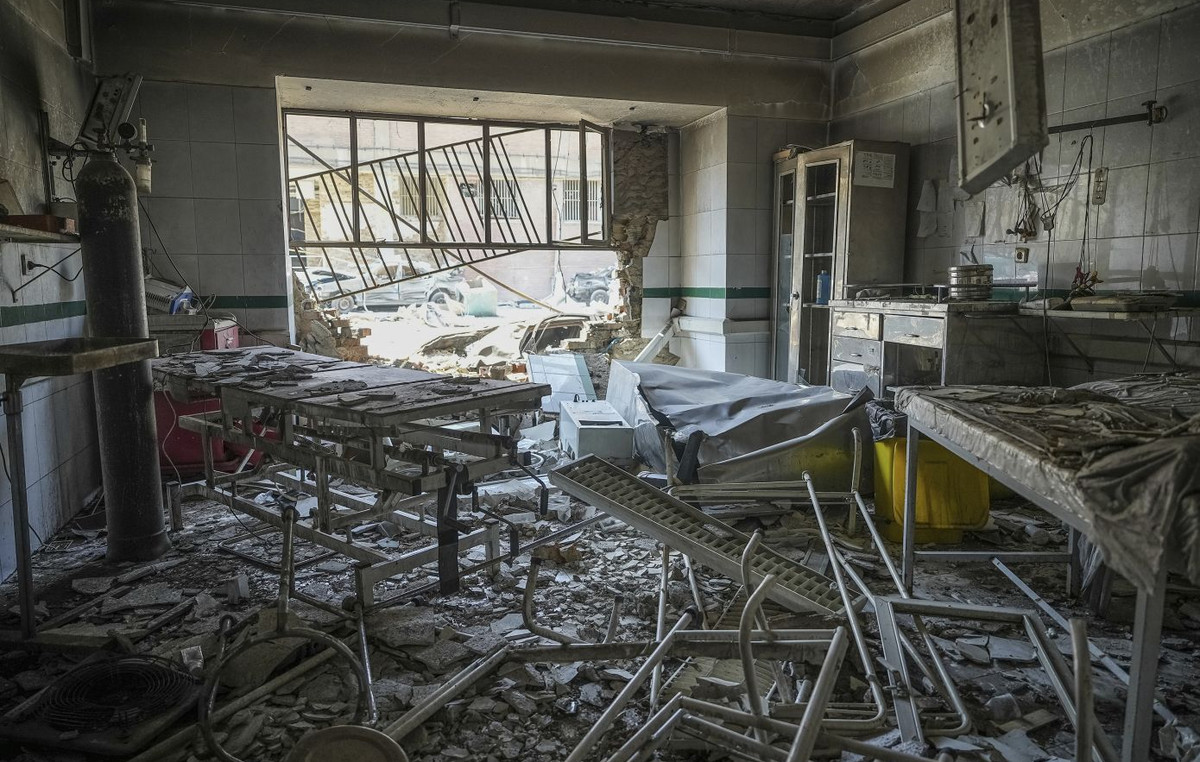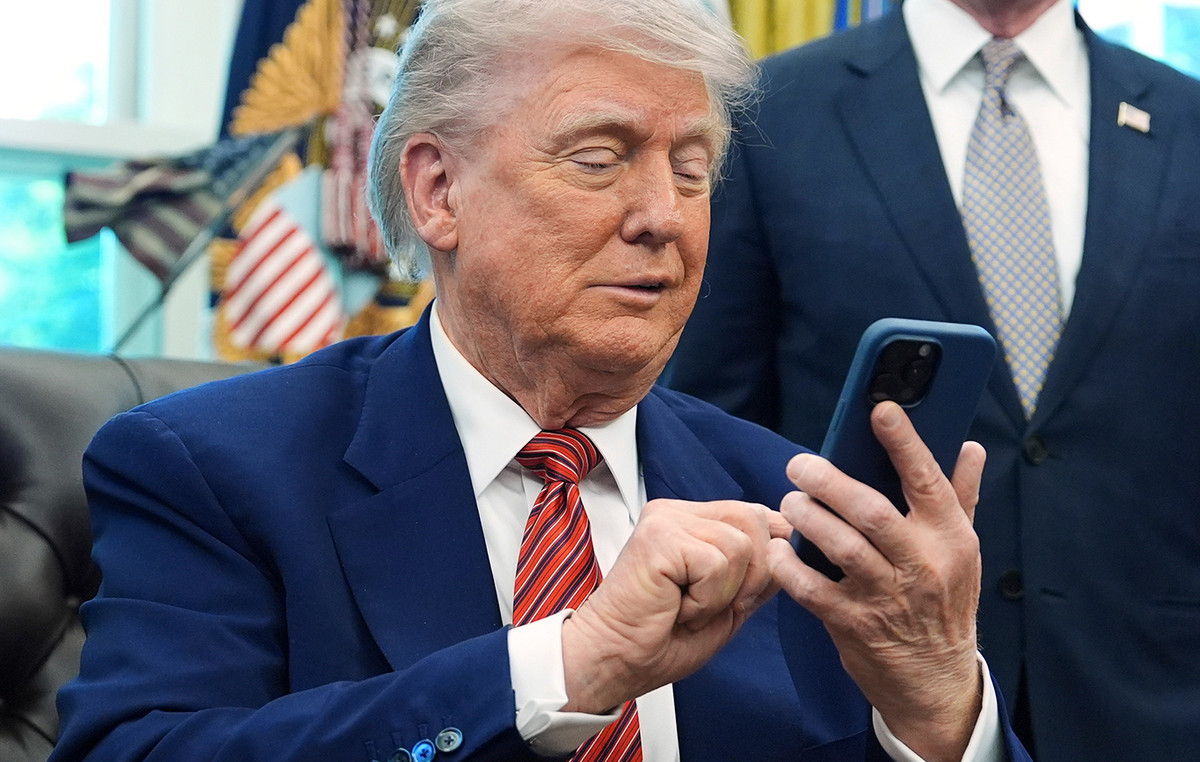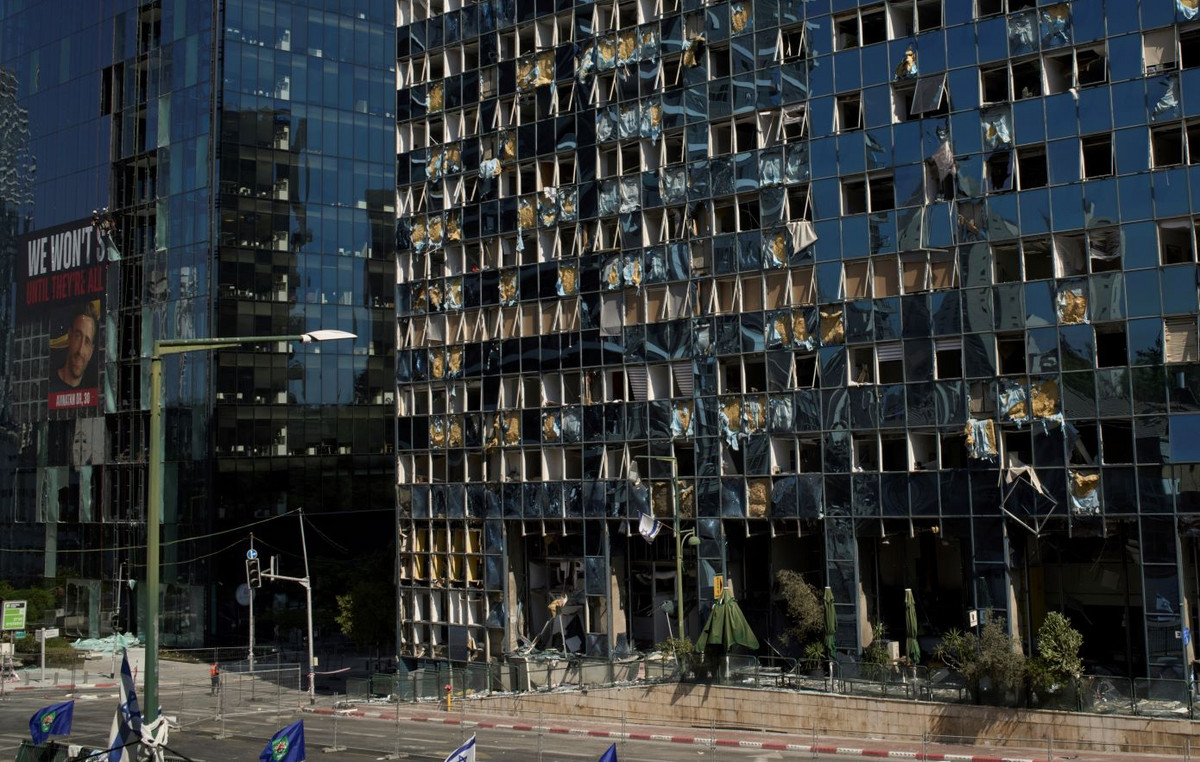For war in Israel that continues, the internationalist, Theodoros Tsikas, spoke on Wednesday morning (18/10). “I don’t think that at this moment any international actor, or Americans or Europeans, could pressure Israel to make concessions to Palestinian” he pointed out and emphasized that the ground attack may be back.
Speaking to ERT and the CONNECTIONS show, he said: “The targeting of civilians, political targets, by whoever, must be absolutely condemned. The international law of war, the international humanitarian law, the Geneva Conventions concerning political targets, civilians, prisoners, hostages must be respected. Now, maybe the ground operation will go a little further back and the efforts to be able to get humanitarian aid into Gaza through the Gaza-Egypt border will be intensified a bit and also the special operations that the Israelis themselves are doing inside Gaza to find out where are the hostages, the civilian Jewish Israeli citizens kidnapped by Hamas in the terrorist attack 10 days ago. Because you understand that even in Israel itself there will be a great political and moral dilemma. What will happen to the hostages now that Hamas has threatened to execute them one by one.”
“It is certain that the Hamas it knows that an Israeli ground operation, no matter how long it takes, no matter how painful and difficult it is for Israel itself, will be disastrous for itself. So now he wants to play a game of negotiation and exchange of prisoners, hostages, prisoners, etc. Of course this is not a bad thing, but I imagine that over here there is a very serious thought in Israel itself that they must eliminate the operational capabilities of Hamas, that they cannot to carry out attacks inside the state of Israel and it is not certain that he can pass it on to the Israeli society, as it is now shocked by the terrorist attack” he added among other things noting that “there are opposing forces”.
Asked about the impact on the field of discussions after the deadly bomb attack on a hospital in Gaza, Mr. Tsikas emphasized that “the conference was very important, this meeting between Jordan, Egypt, President Baideh and the President of the Palestinian Authority, Mahmoud Abbas. Because after his visit the American president would go to Jordan for this informal meeting. Let’s remember that Jordan and Egypt are countries that play a key role in the Palestinian issue. Let us recall that the West Bank of the Jordan, which is the large part of the Palestinian territories, used to be Jordanian territory. The Gaza Strip used to be Egyptian. And because they are also the first countries to restore diplomatic relations with the Israel, for many years, have an important mediating role. The presence of Mahmoud Abbas, president of the Palestinian Authority, in this meeting was also very important. Because we need interlocutors”.
“Hamas is not a solution to the Palestinian issue, but we need wise voices. President Mahmoud Abbas, despite his age, despite the problems of the Palestinian Authority, is such a voice. He has been in contact with Israel many times. It follows the line of peace talks held in Oslo in 1993, by which the Palestine Liberation Organization, also chaired by Mahmoud Abbas, has recognized the two-state solution in the Middle East, meaning an Israel with secure borders that will not be attacked and an independent Palestinian state, viable. But Hamas and other extremist organizations are against this solution. He is for the destruction of the state of Israel. So it is important to have serious interlocutors, of course with more moderate voices in Israel.
Because it is true that the Netanyahu governments had followed an intransigent policy and had re-legalized the illegal Jewish settlements in the West Bank, which are things that blew up the entire negotiating framework. Unfortunately this is going backwards. The meeting goes back and so does the two-state solution. In other words, it is very difficult to have substantive consultations at this time. But there may be some progress in the humanitarian field,” he noted.
“It seems that, in Muslim countries, there is a growing climate of anti-Westernism, anti-Americanism and of course against Israel. Perhaps in some extreme cases and a climate of anti-Semitism,” stressed Mr. Tsikas, adding that “various countries take certain protective measures to protect their citizens» speaking at the same time about confrontation of organizations and war of identities, beyond states.
Asked about Turkey’s attitude towards Israel, he said that “Mr. Erdogan had a more balanced attitude at the beginning, seeing the climate in Turkey – in a part of the population, which is more religiously Muslim and maybe also a part of his party – began to shift in that direction,” while recalling that Mr. Erdogan and his party had relations with Hamas, with the organization’s leadership having publicly visited Turkey in the past.
Referring to Erdogan’s intention to appear as the informal leader of Sunni Islam, Mr. Tsikas emphasized, among other things, that “his conflict, to a certain extent, with Egypt and Saudi Arabia was related to who will assume the role of the protector of Sunni Islam” concluding that “as the situation evolves more and more fiercely the polarization will become greater and greater”.
Source: News Beast
With 6 years of experience, I bring to the table captivating and informative writing in the world news category. My expertise covers a range of industries, including tourism, technology, forex and stocks. From brief social media posts to in-depth articles, I am dedicated to creating compelling content for various platforms.







